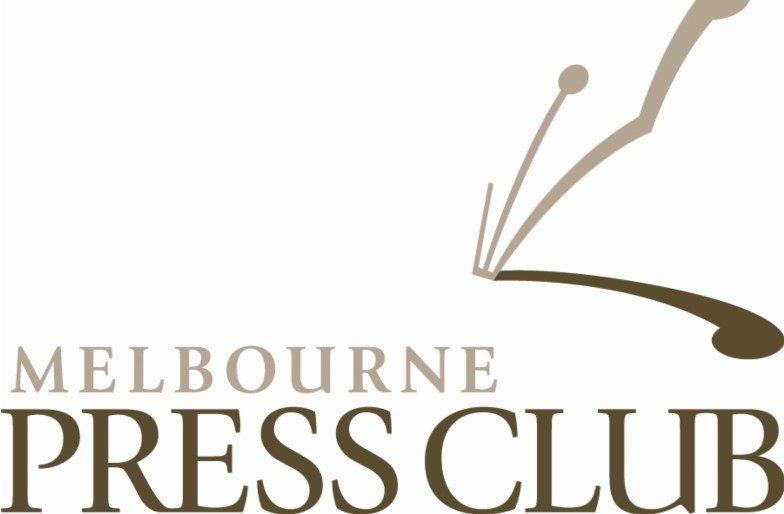Melbourne Press Club accused of being ‘misleading’ in diversity debate
The Melbourne Press Club (MPC) has established a diversity sub-committee as part of a strategic review in response to an open letter calling for racial diversity on the board.
The letter, addressed to newly-appointed chief executive Cathy Bryson, noted that two people of colour were approached to run for the 20-seat board at last week’s AGM, but neither were elected. The Melbourne Press Club has since countered that only one Indigenous member nominated, and did not attend the meeting nor provide a proxy vote.
However, when approached for comment, Madeline Hayman-Reber, a Gomeroi woman and the Indigenous nominee to which the MPC refers, said she did not receive a Zoom link to attend the meeting.


